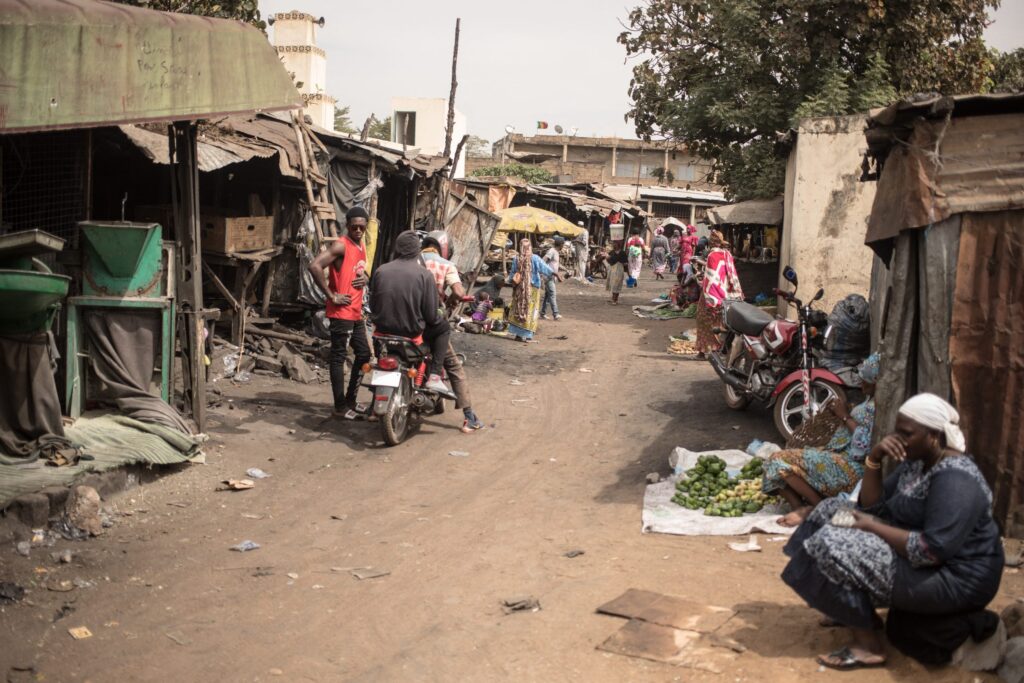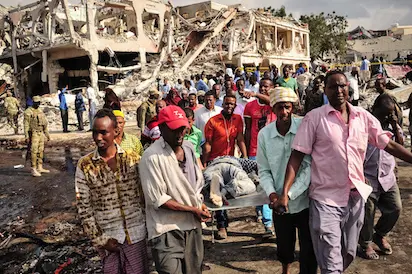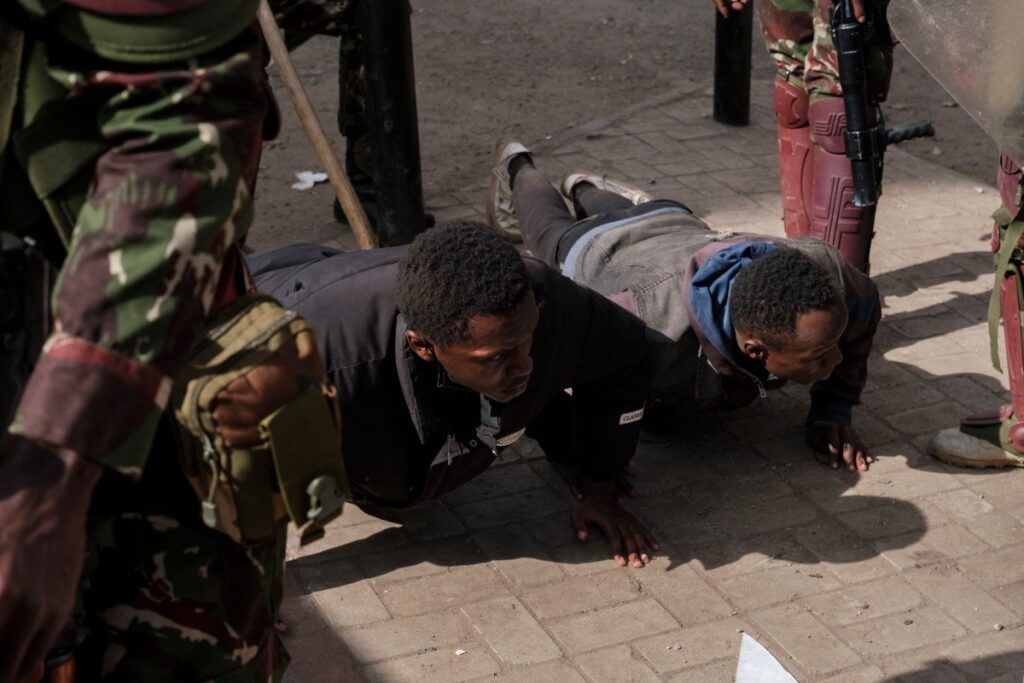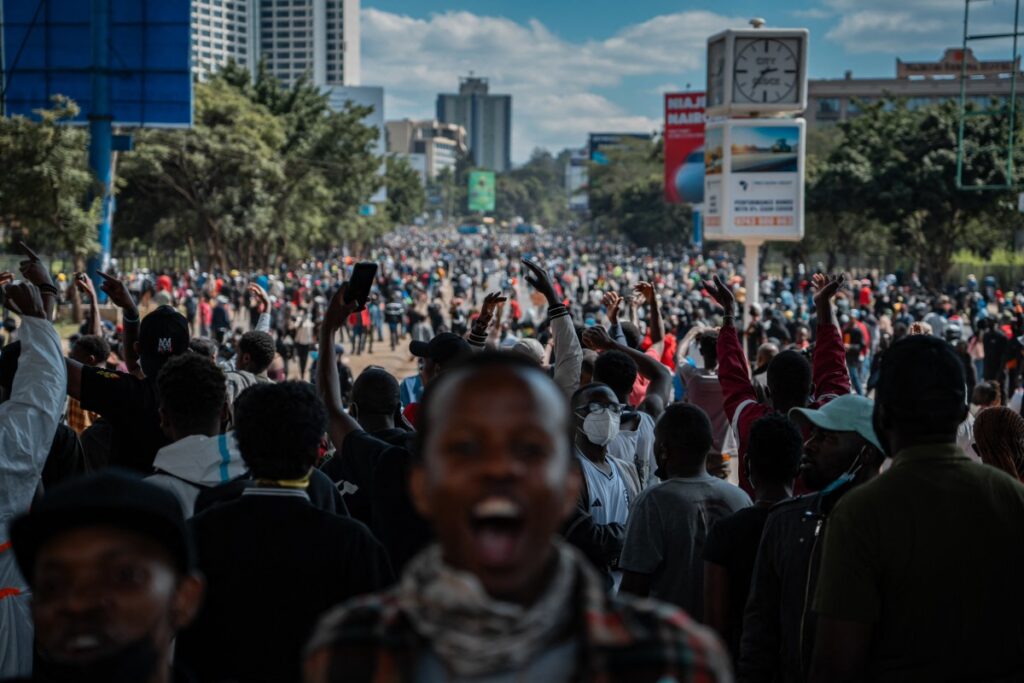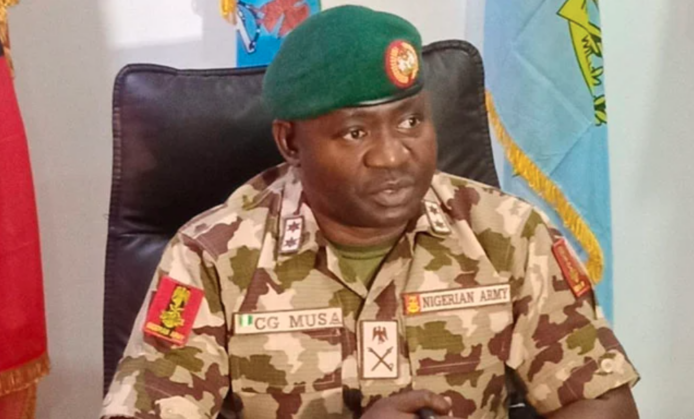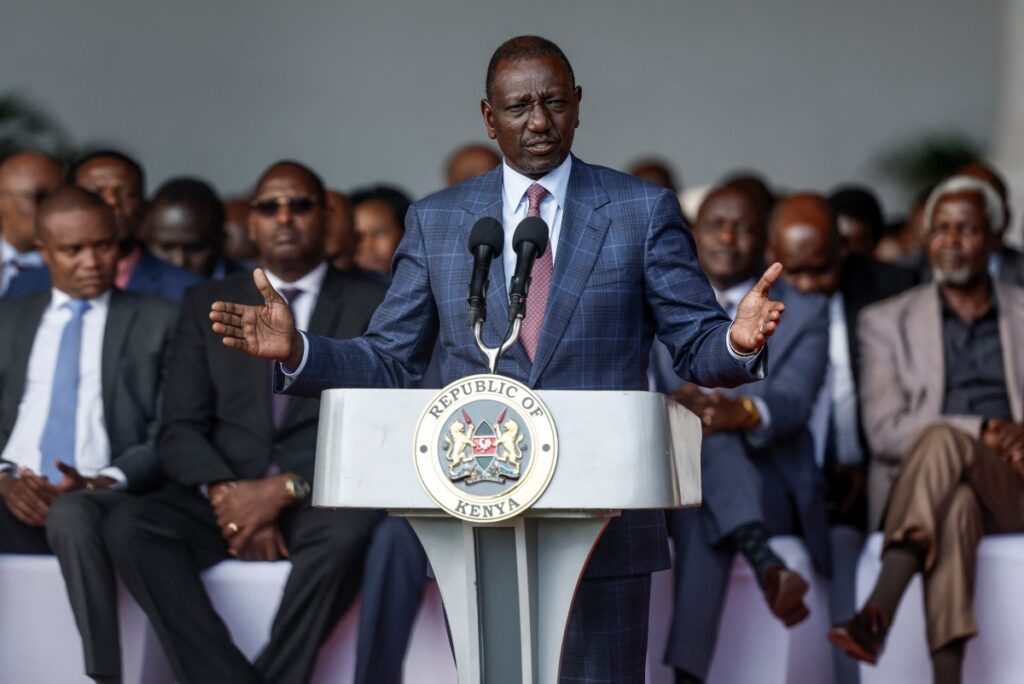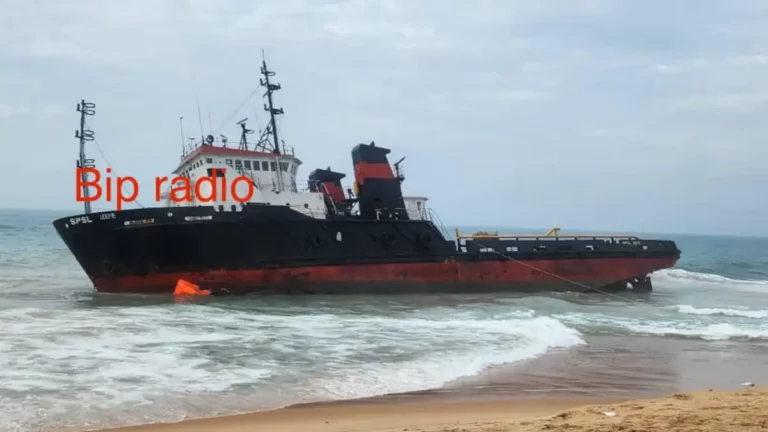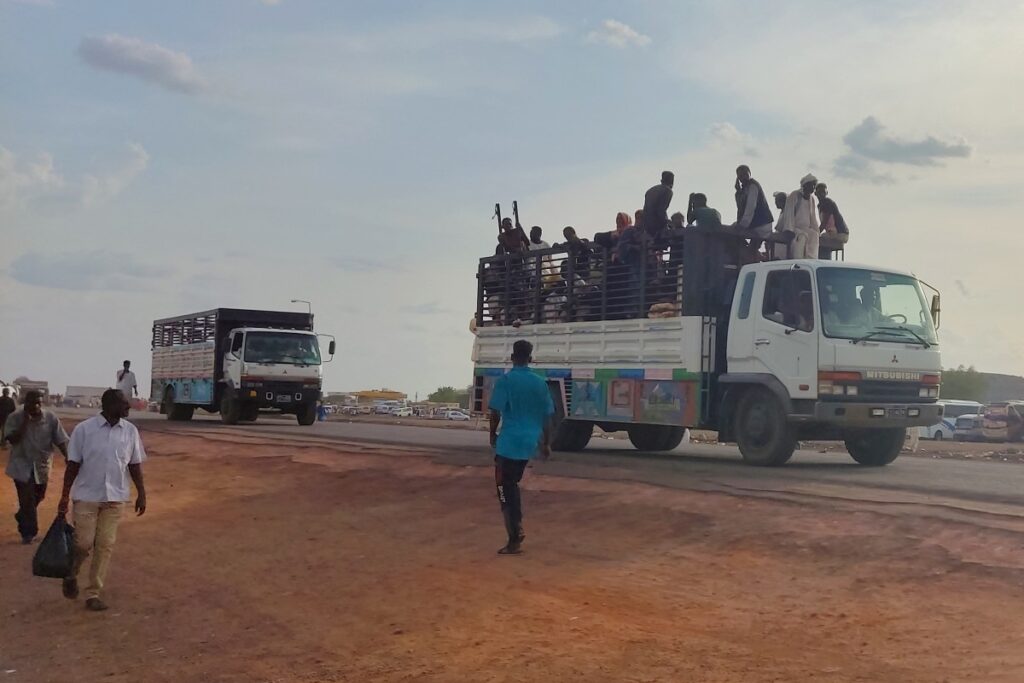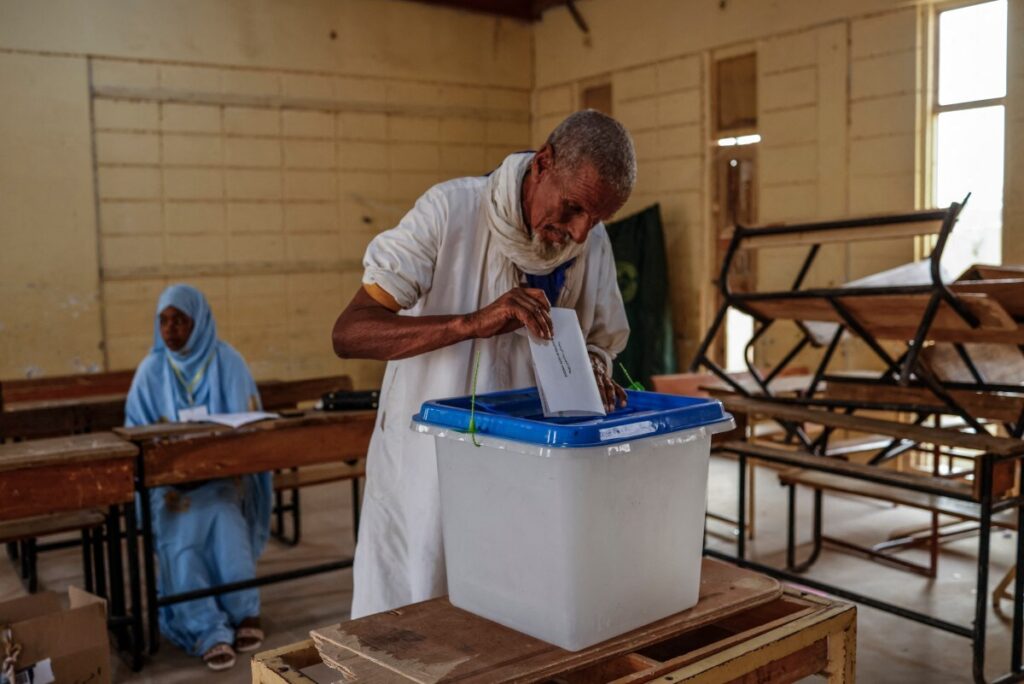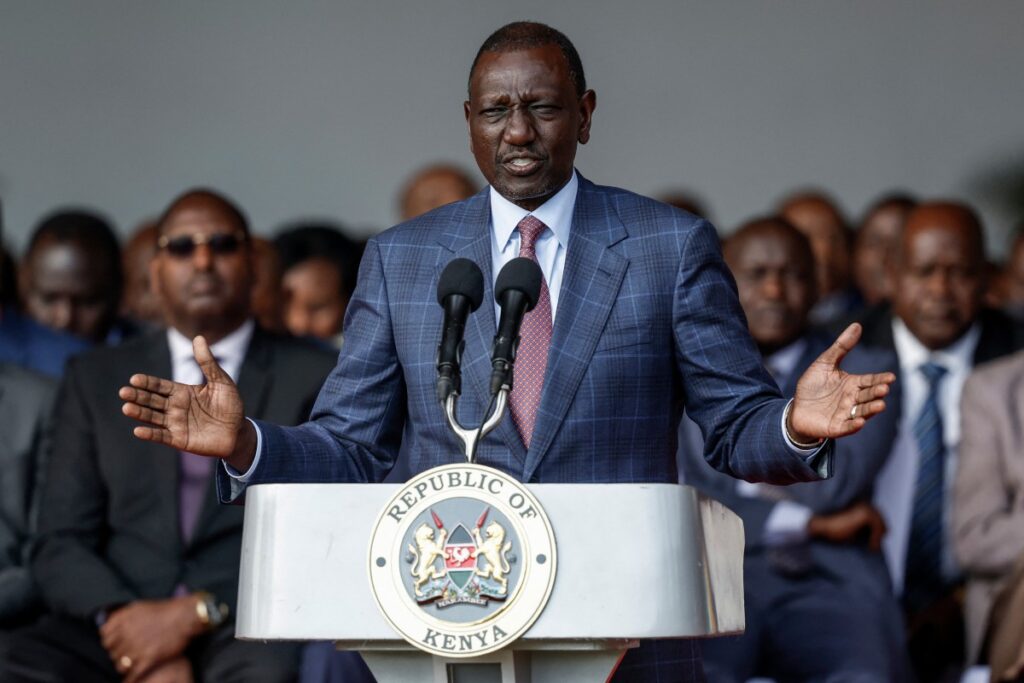
Since January 31, regional debt planning agency Umoa-Titres has published five notes to investors indicating that Mali has “not been able to settle its financial commitments on the public securities market (MTP)”.
The amounts due total 53 billion CFA francs (81 million euros).
“It should be noted that this payment incident occurs in a context where the state of Mali is subject to sanctions taken against it by the conference of heads of state and government of the Economic Community of West African States (ECOWAS),” Umoa-Titres said in its last note on Friday.
Umoa-Titres is the management agency for public securities in the region, which includes the eight West African countries using the CFA franc as their currency.
On February 2, the Malian government announced that it had not settled payments related to two bond issues, amounting to more than 2.6 billion FCFA, “because of restrictions”.
Mali “has always honoured its commitments on the financial market (and) wants to reassure investors of its willingness and ability to meet its commitments,” the finance ministry said in a statement.
In January, ECOWAS responded to the junta’s postponing of elections promised since 2020, when the military took power, by imposing a trade embargo and closing borders with Mali, in a move backed by France, the United States, and the European Union.
ECOWAS leaders also halted financial aid and froze Mali’s assets at the Central Bank of West African States.
The measures followed a proposal from Mali’s junta to stay in power for up to five years before staging elections — despite an earlier commitment to hold a vote on February 27.

